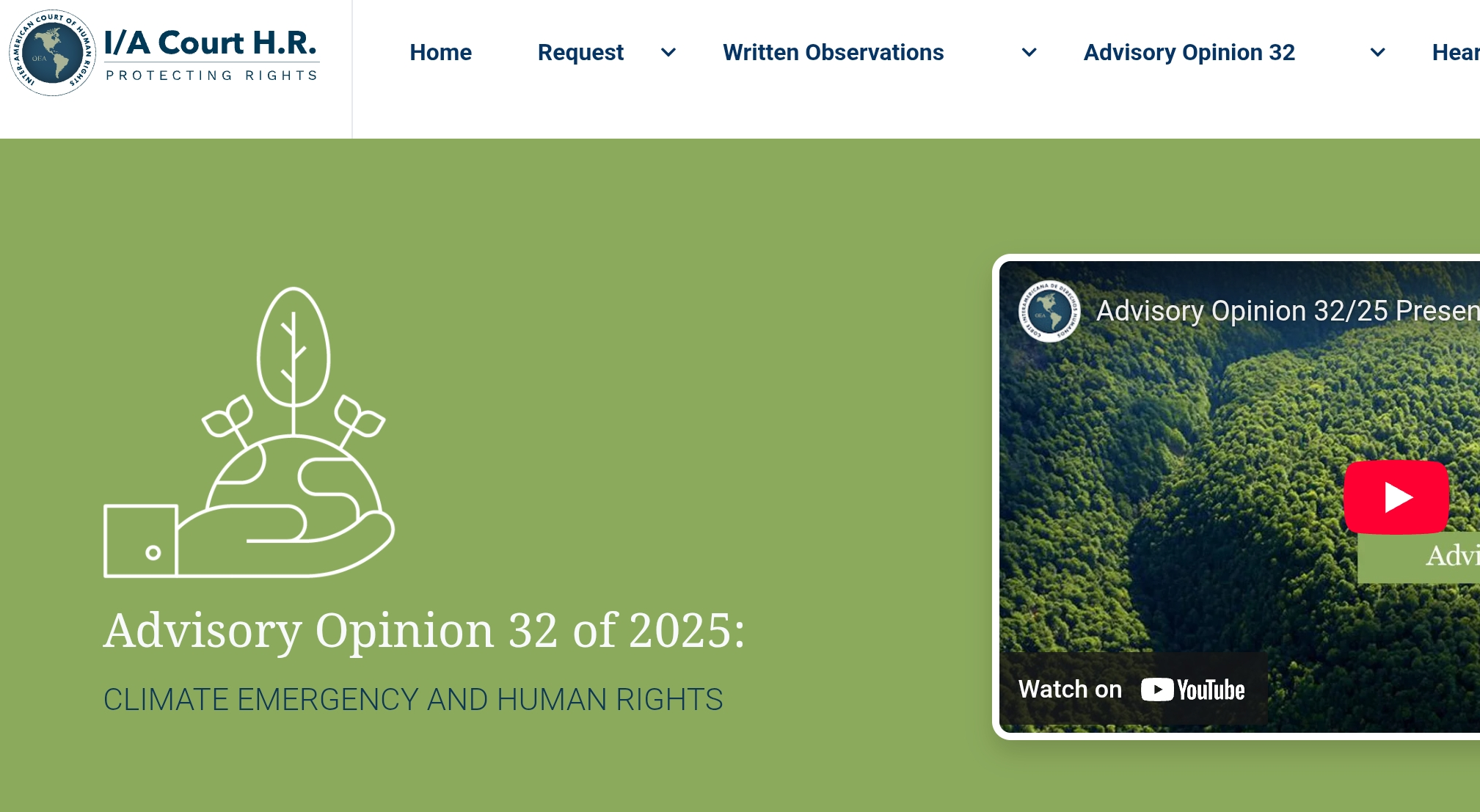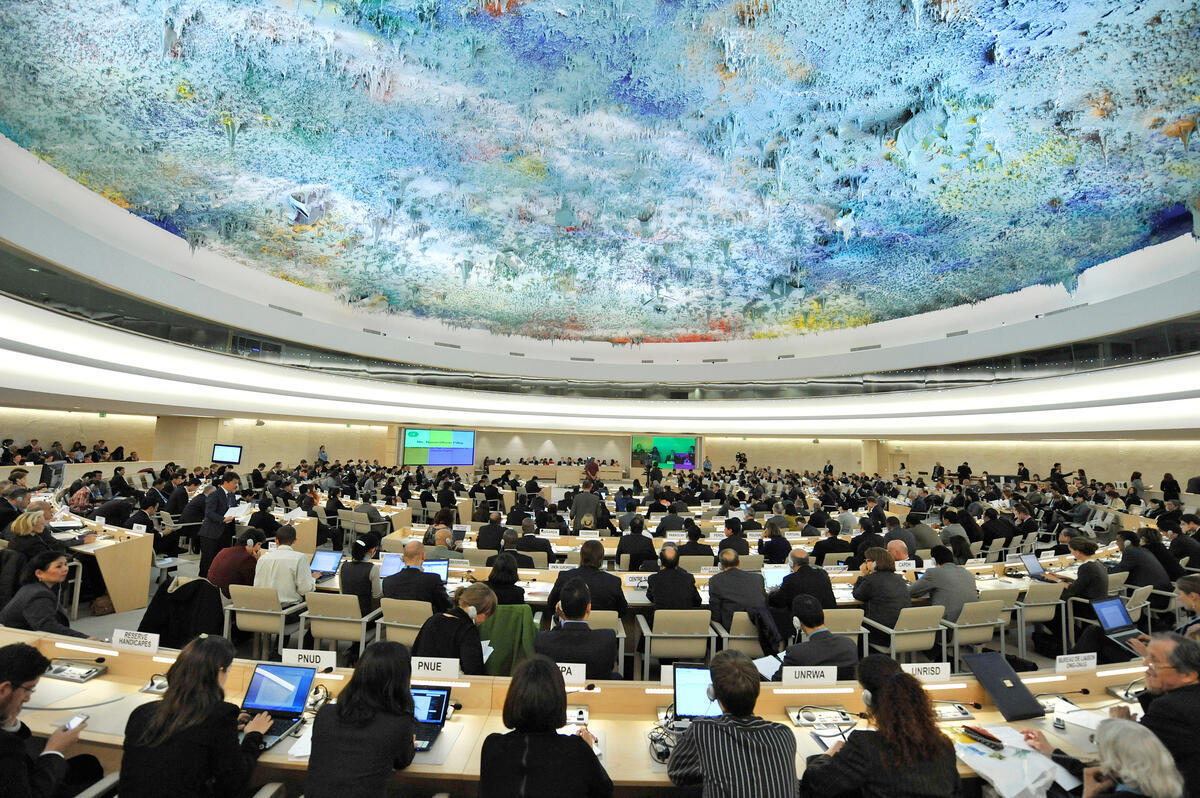Held on 18 October, the panel was moderated by Clément Voule, UN Special Rapporteur Freedom on Association, and attended by ACHPR vice-chair Maya Sahli-Fadel, Joseph Bikanda, Coordinator of the Pan African Human Rights Defenders Network, Corlett Letlojane, Executive Director of the Human Rights Institute of South Africa, Hannarh Foster, Executive Director of the African Centre for Democracy and Human Rights Studies, and ISHR Programme Manager Adélaïde Etong Kame.
The Addis-Ababa Road map was agreed upon in 2012 and it drew a framework for cooperation between UN Special Procedures and mechanisms and those of the ACHPR. It also listed opportunities for common work including joint country visits, statements and activities, encouraged systematic information sharing, and established a working group with representatives of both systems to steer overall implementation.
Speakers noted that the Road Map had been beneficial to the work of both UN human rights bodies and the ACHPR and that it had served the work of civil society organisations. However, they said that the scope of the overall process could be expanded, further clarified and that the role civil society could play in doing so was of critical importance.
ISHR’s Adélaïde Etong Kame stressed that all actors should work to give the Road Map more visibility. She highlighted the role civil society could play in doing so, saying organisations could help by raising awareness of the Road Map, its purpose and its concrete impacts. Etong Kame also urged actors of both systems to develop joint actions on the issue of reprisals against human rights defenders and that defenders targeted in Africa are not forgotten.
Joseph Bikanda highlighted the need for both bodies to increase the flow of information between them and to set up a clear plan to consolidate expertise obtained through these exchanges. He urged that the Road Map explicitly include national human rights institutions (NHRIs) as partners, a move he said would also benefit defenders and civil society groups.
In her intervention, Hannarh Foster called for a consistent evaluation of progress of the work of the Road Map by all stakeholders. She also called on members of both the UN and ACHPR systems to continue their efforts to speak in one voice in support of African defenders and of groups seeking to interact with their mechanisms.
Commissioner Maya Sahli-Fadel acknowledged the Road Map’s implementation over the past decade had been inconsistent. She called on both systems to capitalise on the work of civil society by giving its organisations a more formal and concrete role within the processes of the Road Map, including through the involvement of NHRIs.
Finally, Sahli-Fadel pointed to the imbalance in capacity between both systems, stressing that where the UN Special Procedures has over 50 mandate holders, the ACHPR has only 11 Commissioners – a number she said should be doubled in order to effectively tackle emerging issues at the African Commission.
Download as PDF




